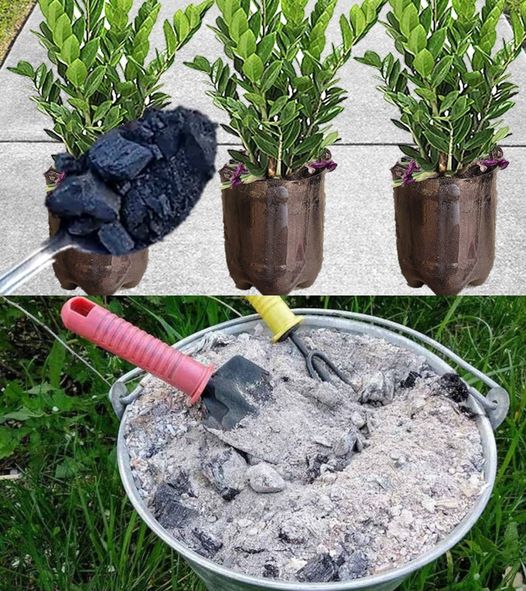ADVERTISEMENT
**Find Out How to Use Wood Ash to Improve Plant Growth**
If you’re a gardener looking for an eco-friendly, natural way to boost your plants’ health and productivity, look no further than **wood ash**. This humble byproduct of burning wood in your fireplace, stove, or fire pit is packed with essential nutrients that can help improve soil quality and promote stronger, healthier plant growth. Whether you’re cultivating flowers, vegetables, or shrubs, wood ash can be a secret weapon in your gardening toolkit.
In this article, we’ll explore the many benefits of using wood ash in the garden, how to apply it properly, and some tips for getting the most out of this readily available resource.
### Why Wood Ash is Beneficial for Plants
Wood ash is more than just a byproduct of a fire; it’s a valuable resource for gardeners. Here’s why:
1. **Rich in Nutrients**: Wood ash contains several essential minerals, including potassium, calcium, magnesium, and phosphorus, which are vital for plant growth. These nutrients can help plants grow stronger, produce more flowers and fruit, and develop healthier roots.
– **Potassium**: Helps with overall plant health and resilience, promoting strong stems and a robust immune system.
– **Calcium**: Crucial for cell wall development, ensuring strong cell structure in plants.
– **Magnesium**: A key component of chlorophyll, which aids in photosynthesis and enhances plant growth.
– **Phosphorus**: Important for root development, flower production, and energy transfer in plants.
2. **Improves Soil pH**: Wood ash is alkaline, meaning it can raise the pH of acidic soils. Many plants, such as tomatoes and potatoes, thrive in slightly alkaline to neutral soil. By adding wood ash, you can help balance your soil’s pH and create a more favorable environment for these plants.
3. **Improves Soil Structure**: Wood ash can help improve soil texture by promoting better drainage and aeration. It also helps to break up heavy, compacted soils, allowing plant roots to grow more freely and access water and nutrients more easily.
4. **Natural Pest Repellent**: Wood ash can act as a natural pest deterrent. The ash creates a barrier around plants that is uncomfortable for pests like snails, slugs, and ants. It can also help to deter certain fungi and molds that thrive in moist conditions.
